Jim Claffey is NGO representative of the Vincentian priests and brothers to the United Nations and writes about relevant issues, such as the UN’s Sustainable Development Goals.
In the most recent article of this series, Behind at Halftime, we looked at how far behind the world finds itself in achieving the 2030 United Nations Agenda and its 17 Sustainable Development Goals.
This program for a better world for all is built around 5 P’s: People, Planet, Prosperity, Peace, and Partnerships:
- People—about human beings, all of us, not governments or GDP.
- Planet—the only one we have, the one crying out for care, our Common Home.
- Prosperity—sharing resources and possibilities so no one lacks the basics.
- Peace—achievable if relationships and arrangements are built on justice and solidarity.
- Partnerships—a world community with manageable tensions and stresses, the only way forward.
If we focused on people and the planet, we could reach a level of some prosperity, some peace for all. The 17 goals are things everyone should want, No Poverty and Zero Hunger for starters. It is an agenda designed to unite the world. The COVID-19 global experience should teach us that the only way forward is one of partnerships and mutual collaboration.
But another P always forces its way in and gets in the way: Profit. As in greed. Profit over people. Personal gain over the common good. The profit and power motive not only blocks the shared agenda but also leads to the denial of human rights, reducing their universal character to conform to narrower national interests and political and financial decisions favoring the few over the many.
The profit-first model prevalent today produces inequality, the root of all of our social ills (Pope Francis).
The world’s financial architecture must change, and “development” must be re-thought and must go beyond GDP as a measure of a government’s performance. Other measures like The Health Happiness and Wellness Report or the UN’s Our Common Agenda, Policy Brief 4 Valuing What Counts include many other factors and measurements that provide a fuller picture of economic growth and its impact on people.
The report Toward a More Inclusive Society* puts it simply and directly: “International funding agencies, companies, foundations, and governments at times act solely to promote their own interests” yet “predominantly market-based and economic-oriented solutions fail to address the multidimensional nature of the human person in relation to other people, the environment and society.”
We say “leave no one behind,” but actually whole nations are being left behind, because our current “development” model invests only where and how profit can be extracted, the infamous “return on investment” that is valid when done reasonably and destructive when unbridled.
What must be done? In our own ways, in our work and in our neighborhoods, with friends and those around us, in all we do, we can build community. We must pray incessantly for community, for inclusiveness, for the common good. We can use our voice and our vote to choose unity, mutual respect, and human solidarity over all forms of divisiveness. Our shared humanity should guide our thinking and our values.
Let’s be very clear about this. If profit continues to dominate the positive Ps, if the 2030 Agenda is not realized, it will not be the fault of the UN. The UN is a platform, owned and operated by member states. It will be a colossal failure of the 193 nation-members unable—or unwilling—to put the common good—and their own people—ahead of everything else. It will be because countries choose business as usual, the pursuit of narrow short-term goals, instead of collaboration for major systemic change. It will be because wealthy nations and their financial instruments continue investing for maximum profit, instead of advancing a more equitable balance among nations. Individualistic tendencies never lead to true solidarity.
*Toward a More Inclusive Society, the Forum of Catholic Inspired NGOs
